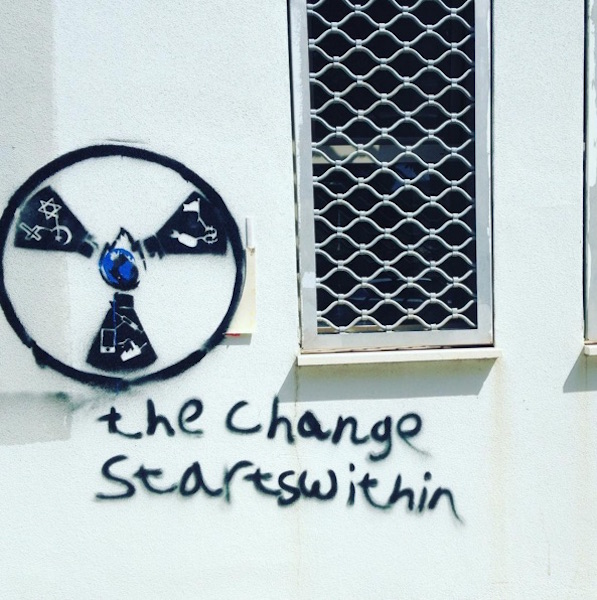This post is part of #BlogAMonth, a Blog series devoted to exploring professional learning topics. 
The real question facing every professional and indeed every human being is this: how are you growing in your profession or in your humanity? On the one hand, growth is an inevitability. To live is to grow. On the other hand, it’s all to common to plateau, to stagnate, or even shrink in one’s professional or personal life. The PLN, or professional learning network, seems to be an increasingly popular way of thinking about a framework for nurturing one’s professional growth.
As a rabbi and Jewish educator I feel blessed to have a robust PLN. It includes colleagues, friends, co-workers, and even some of the students and parents that I’ve worked with through the years. But when I really think about what spurs my growth as a professional and as a person I keep coming back to a different type of PLN– life experience.
Every day starts as a blank canvas and quickly fills with many different types of experiences. But what these experiences mean, what they teach, and how they lead us to growth and learning varies from person to person. There are plenty of folks that are happy to have experiences without reflecting on their meaning and significance. But I think those folks are missing out. They may be learning and growing on the basis of these experiences, but they’re not doing it intentionally.
When you think of life experience as your PLN you come to realize that everyone that you interact with through these experiences are part of your PLN. You may not reach out to them the next time you want to crowd source a question, but for however brief a time and in however modest a way, they are part of your PLN because they have contributed to your growth and your learning.
If you want to start thinking about life experience as your PLN I recommend the following– try to create a framework for reflecting on the experiences that you have. It’s easiest to start with the most dramatic experiences– the times something goes really well or really poorly. But eventually you may discover that even the most mundane experience that you might’ve previously not even noticed can be a source of growth and learning.